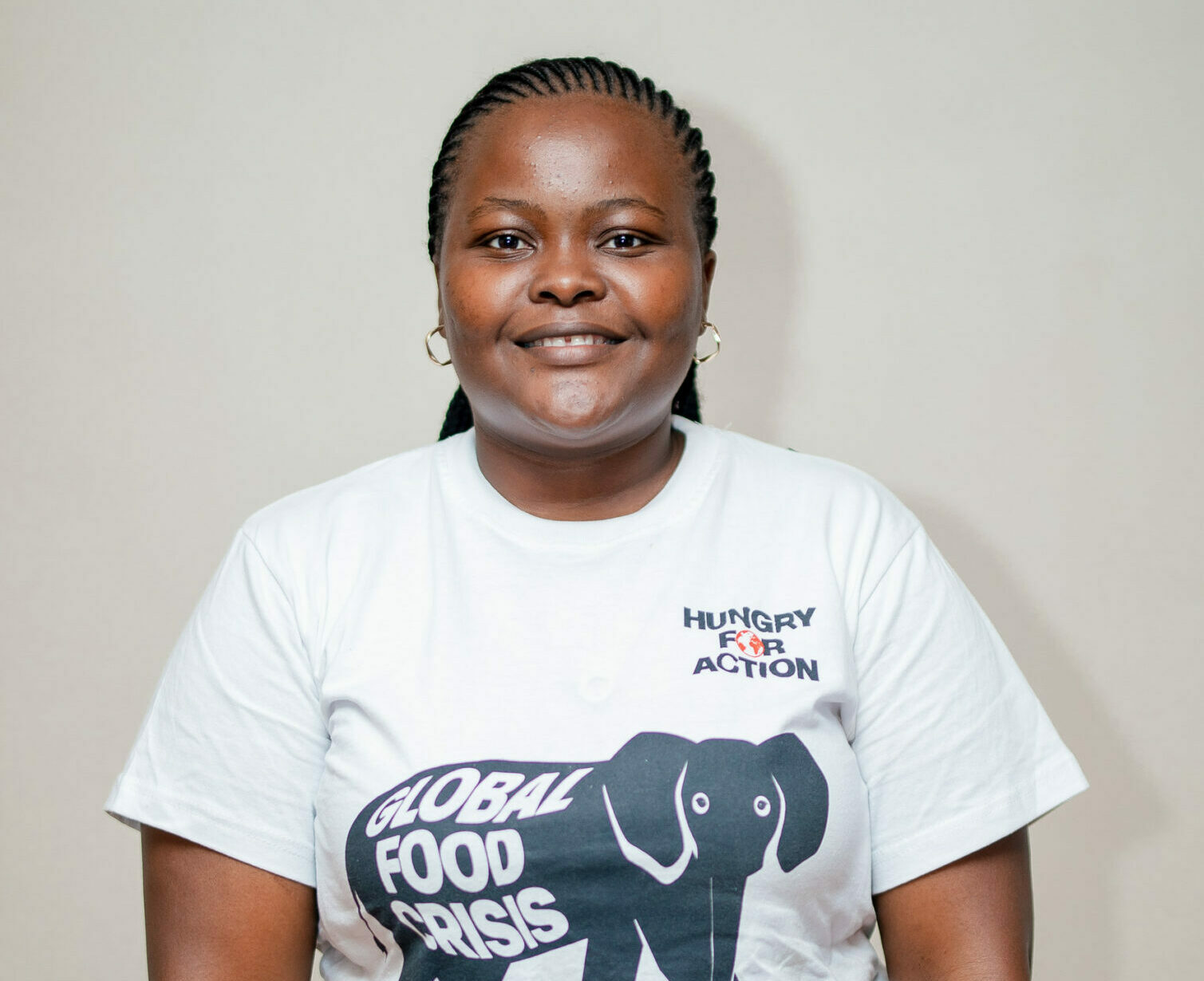Irene Michael Sanga is a passionate advocate addressing global issues, particularly focusing on hunger crises and climate change in East Africa. With a background in empowering local farmers and promoting sustainable agricultural practices, Irene is committed to community-led projects that enhance productivity and reduce external dependencies. As a researcher pursuing a master’s degree in project management from Sokoine University of Agriculture, Irene conducted groundbreaking research funded by Facebook Inc., uncovering the root causes of hunger crises and the effects of climate change on smallholder farmers.
This experience fueled Irene’s dedication to finding innovative solutions to global challenges. Her research laid the foundation for a compelling proposal to empower youth in farming communities. Securing funding from UNESCO APCEIU, Irene implemented a project using Global Citizenship Education (GCED) to enhance youth farmers’ knowledge through training, workshops, and digital advocacy. The initiative reached over 150 youth, cultivated 15 mentors, and published a significant article in the UNESCO APCEIU journal.
I remember the discussion I had with fellow youth advocates under the “Hungry for Action campaign.” We delved deeply into the pervasive issue of food insecurity in Tanzania. I was more intimidated by the fact that despite agriculture being the main economic activity in Njombe, her people are still subjected to school absenteeism and dropouts.
At that time, my personal experiences couldn’t agree with my fellow youth’s views about food insecurity in Njombe. I was raised in Njombe District, Tanzania, where I grew up knowing that food was in abundance. I remember buying chipsi mayai (fried potatoes) for only one thousand Tanzanian shillings, which could be served with a full plate. I tried to convince my fellow hungry-for-action advocates that there was no way Njombe did not have enough food. My definition of food insecurity at that time was the absence of enough food to eat. I wasn’t that far from the actual definition, but I realized that it is more than that.

Food insecurity is not merely a lack of food but a lack of access to nutritious and sufficient food to lead a healthy life. Smallholder farmers in Njombe produce abundant crops such as wheat, rice, maize and potatoes. Despite the high production of these crops, over 34% of children are stunted, and 40% of the population in Njombe District faces moderate to severe food insecurity, with children, youth and women being the most vulnerable. With plenty of access to maize and potatoes, children and youth are able to eat lots of maize in the morning and consume lots of potatoes in the afternoon without the awareness of the low nutritious quality. Lack of a diversified diet, which leads to an unhealthy life, affects children’s and youth’s learning abilities, attendance, and academic performance.

In Mlangali village (Njombe district), around 611 children at the primary level are considered under-average performers. Children and youth subjected to malnutrition often get ill and poorly attend class, which is one of the causes of school absenteeism and dropouts. Students who attend school hungry are more likely to experience fatigue, reduced concentration, and poor academic performance. Furthermore, most smallholder farming communities are poor, and getting meat and other food nutrients in the family is a hustle. Children and youth are forced to engage in laborious activities to support their families, depriving them of educational opportunities.
In 2023, the Tanzanian government, under H.E. President Samia Suluhu Hassan, launched the National Implementation Plan for the provision of food and nutrition services to primary school students. Njombe was then announced as the best district in providing school feeding programs which have a transformative impact on educational outcomes, reducing absenteeism and dropout rates while fostering a more equitable and prosperous society. The plan ensured the provision of nutritious meals to students, expecting to alleviate immediate food insecurity, enabling children to concentrate better in class and engage more actively in learning. Students who benefit from school feeding programs are believed to exhibit improved cognitive performance, better attendance, and reduced dropout rates.
While the current initiative primarily focuses on the provision of food and nutrition services in schools, it does not fully address the underlying issues of food insecurity or the connection between nutrition and quality education. In Njombe villages like Mlangali, children and youth aren’t aware of the concept of food insecurity and its danger in education. There is a gap in integrating broader educational curricula that promote healthy eating habits and agricultural awareness.
As policymakers, educators, and stakeholders strive to address the challenges of food insecurity and educational inequality, recognizing and leveraging the interactions between these domains is crucial. Efforts should have emphasized integrating nutrition into the school curriculum, teaching students about the importance of balanced diets, healthy eating habits, and the connection between nutrition, cognitive development, and academic performance. Students must learn by doing and imitating parents; schools should encourage parents and community members to participate in school nutrition programs. This could be volunteering to establish community gardens or farms adjacent to schools. This provides a sustainable source of fresh produce and serves as an educational tool for students to learn about agriculture and nutrition.







